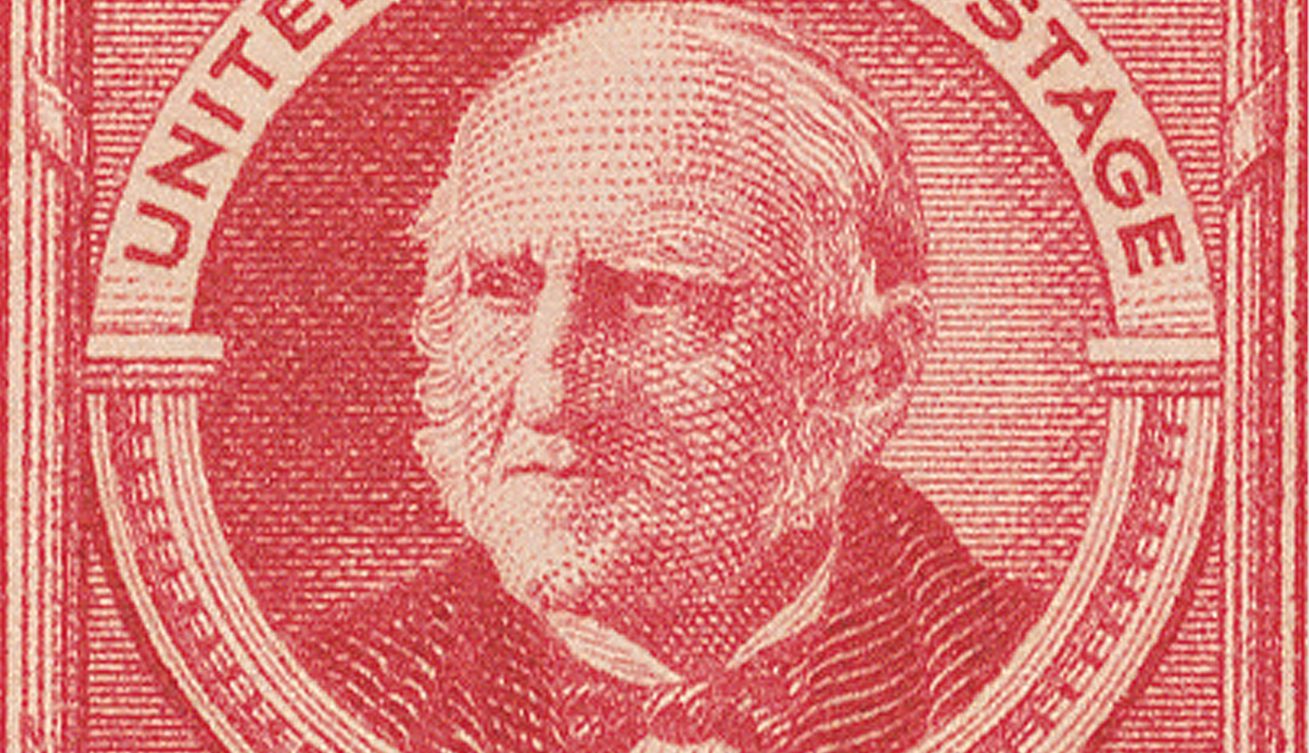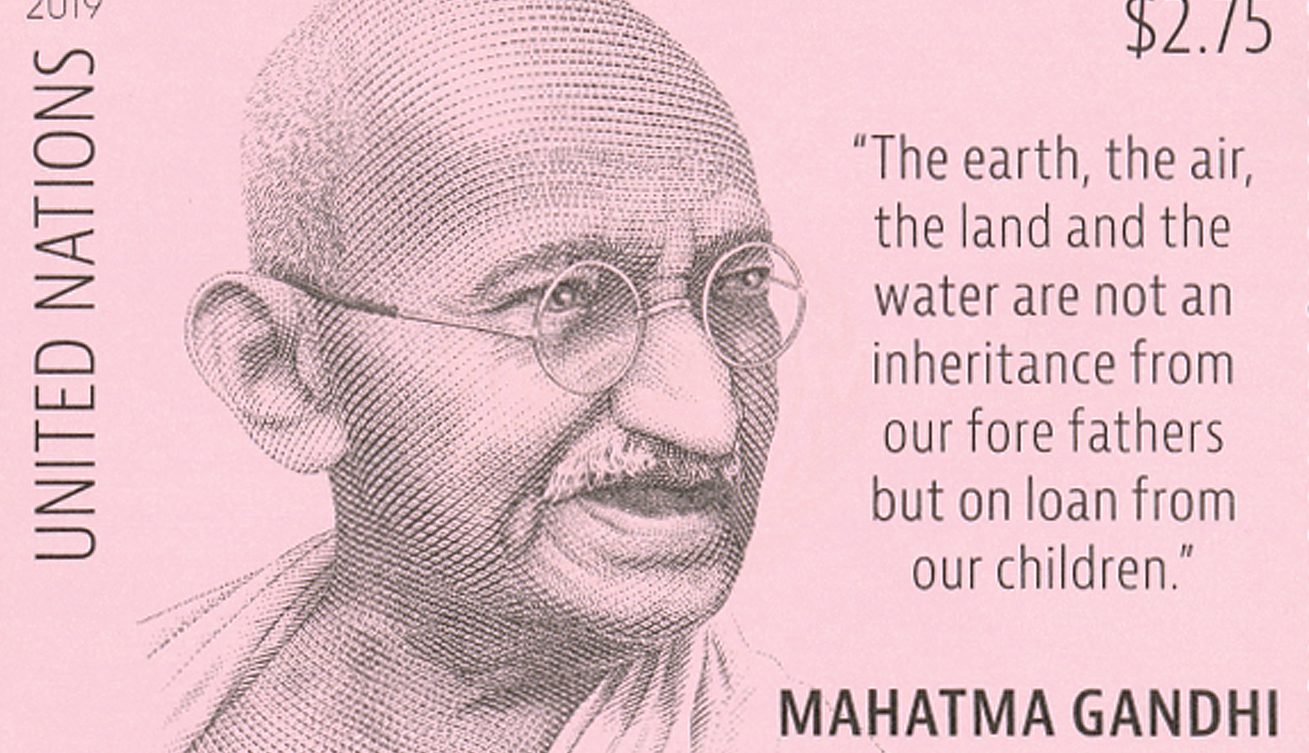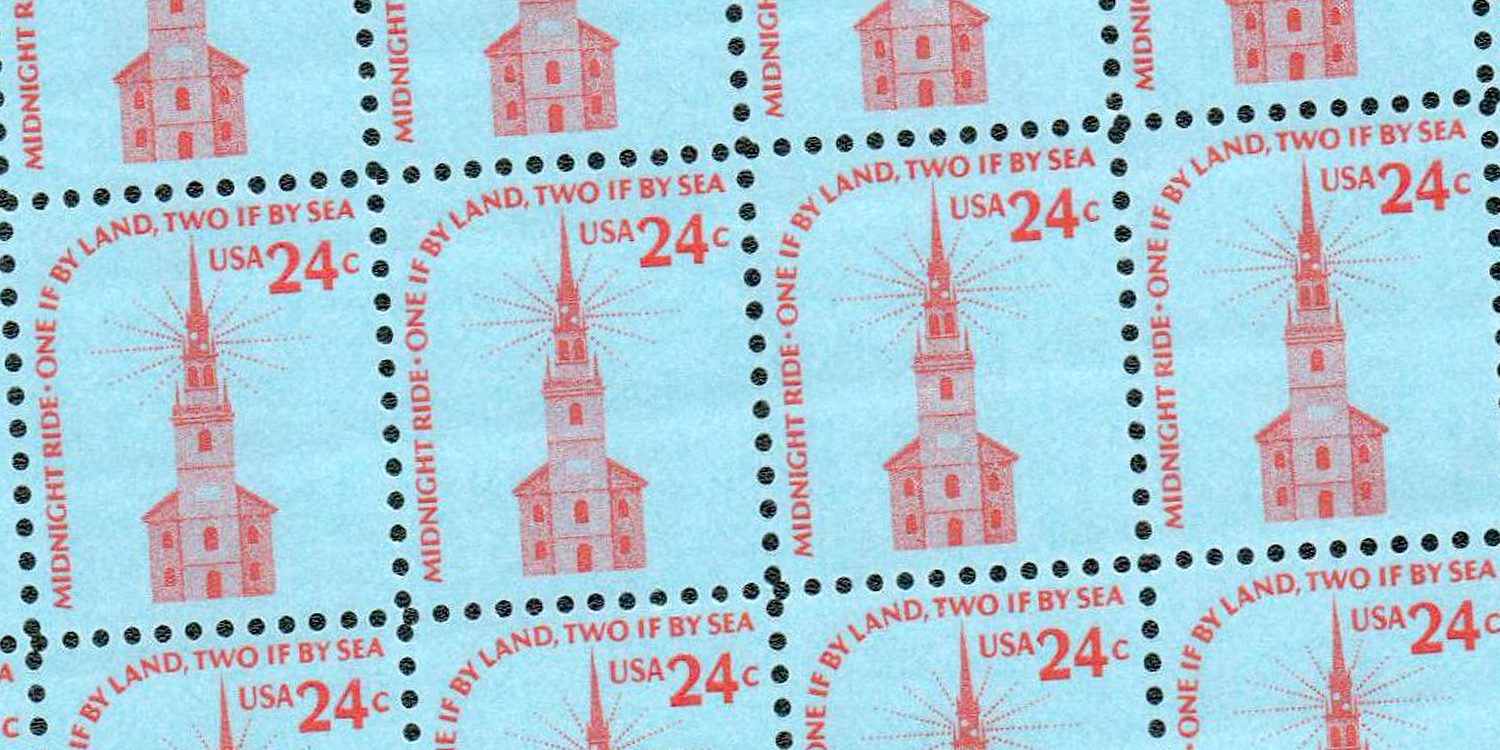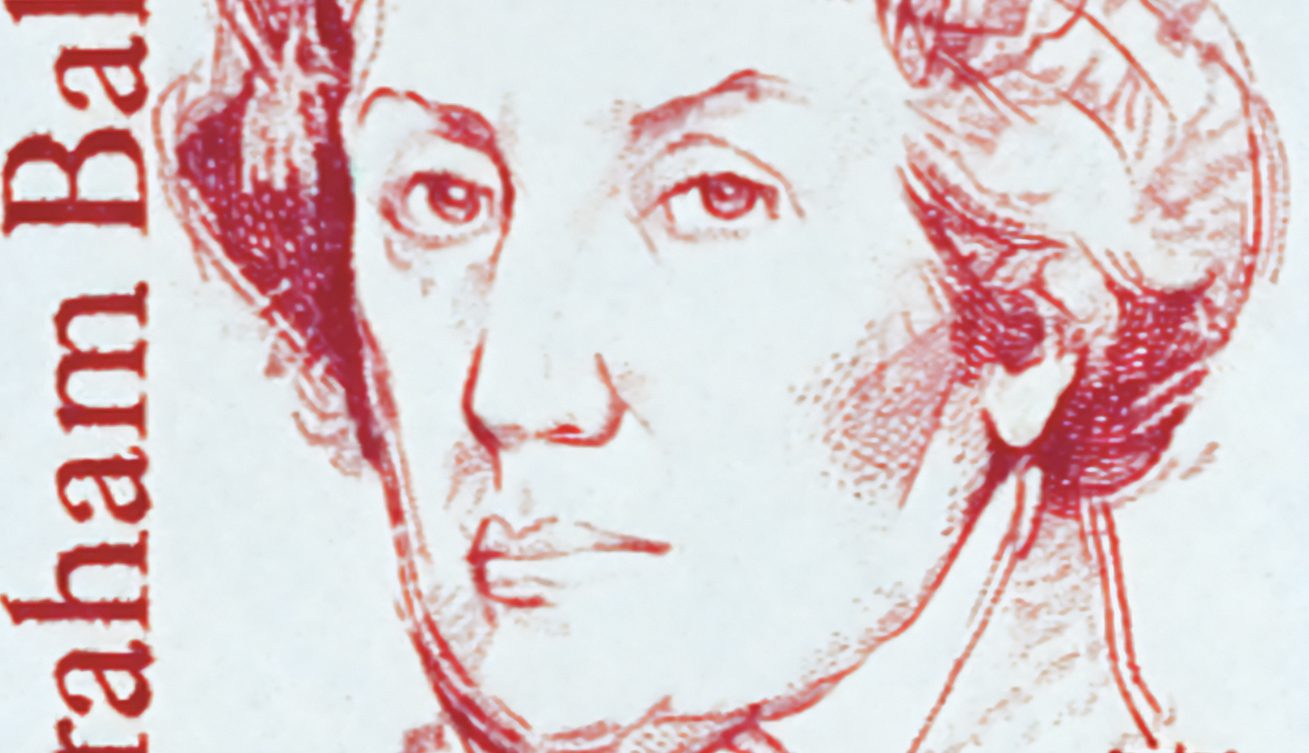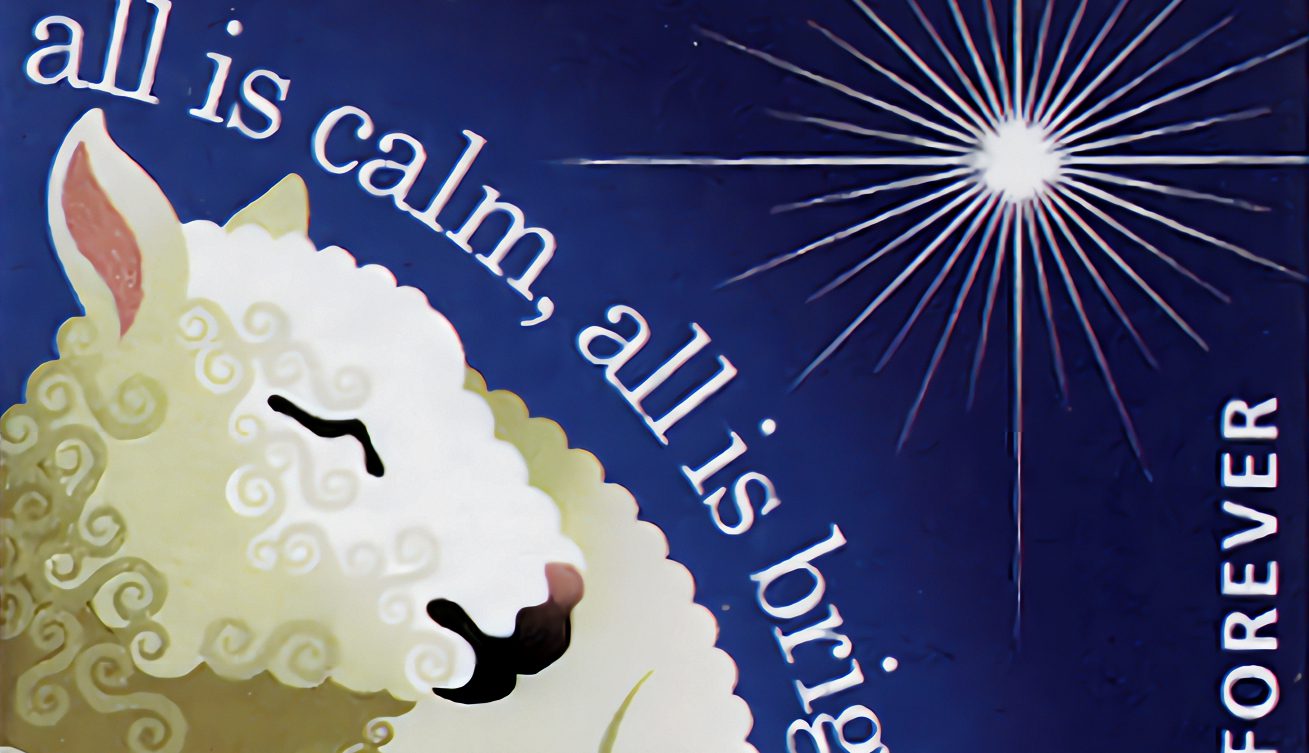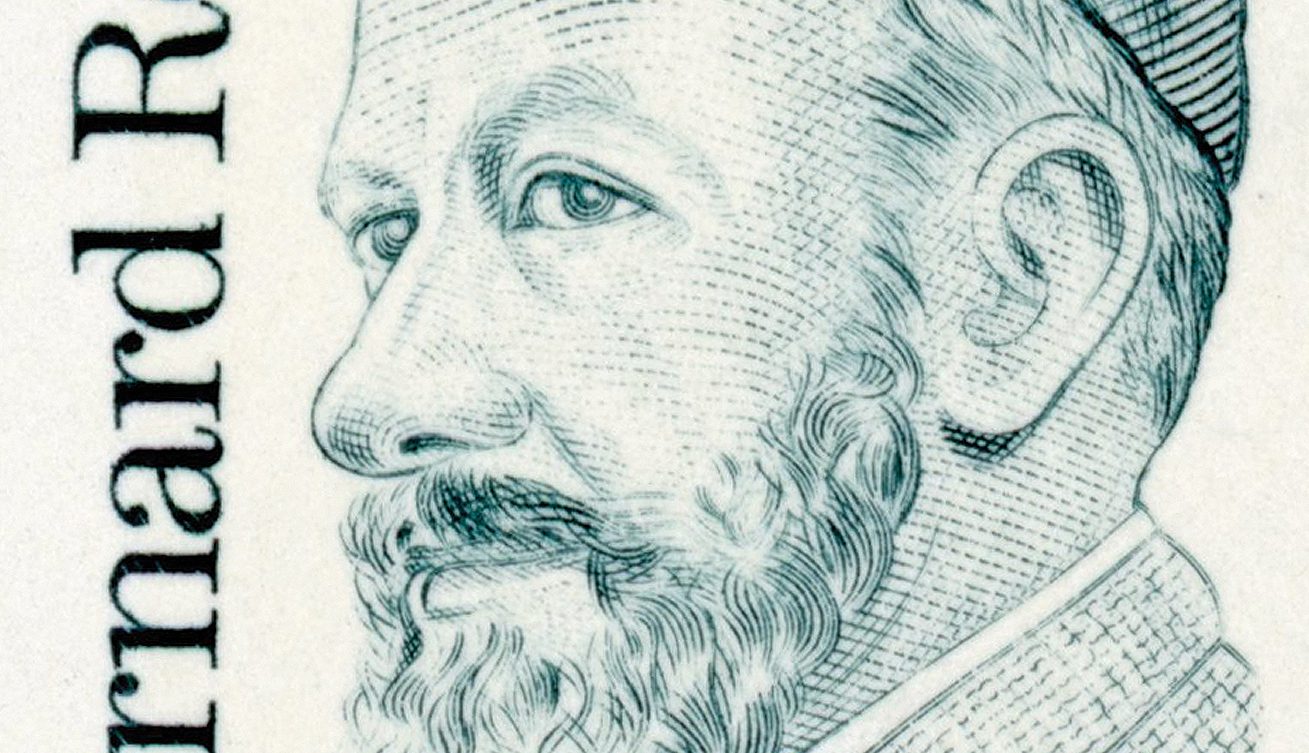Happy Birthday Frank Laubach
Missionary Frank Charles Laubach was born on September 2, 1884, in Benton, Pennsylvania. He dedicated his life to teaching people around the world to read, visiting more than 100 countries and developing books for 312 different languages.



